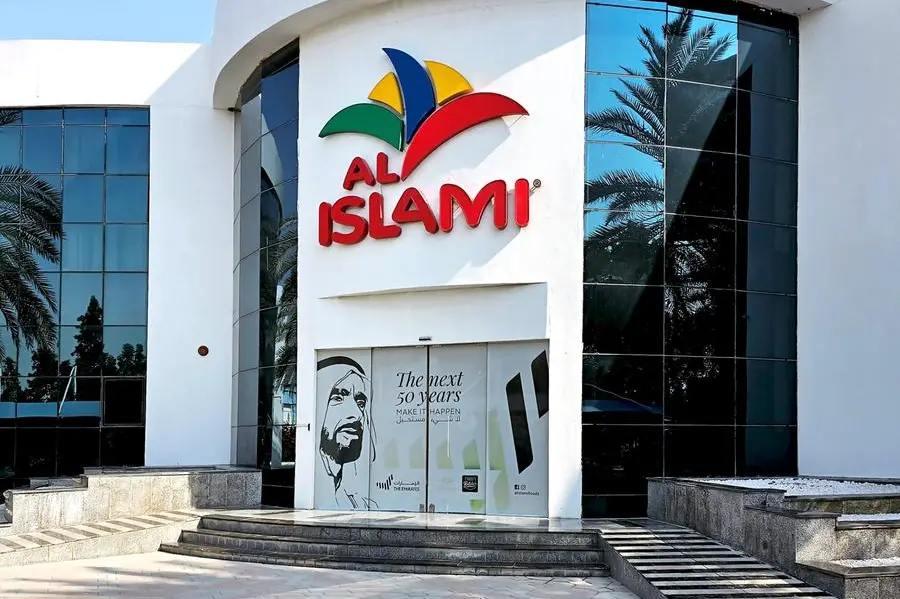Heart Of Borneo: Brunei’s `Brand Of Century’
Written by Melvin Jong
Thursday, 12 November 2009 08:50

The Kuala Belalong Field Studies Centre In Temburong. Brunei Has An
Ideal Opportunity Of Cashing In On Its Unspoilt Heart Of Borneo, Says
British High Commissioner To Brunei Rob Fenn.
Kuala Belait – Brunei’s Heart of Borneo (HoB) could be one of the strongest
global brand of the 21st century, said the British High Commissioner to
Brunei Robert Fenn yesterday.
“Brunei has been twice blessed, it has had the oil and gas reserves
under the sea and when they turn around and look inland, they will
discover that they have something just as precious in the rainforest,”
he said during the Chevening Alumni Dinner and brainstorming session on
climate change held at his residence last night.
The high commissioner told The Brunei Times that the Sultanate had
always known of the importance of the rainforest, but the world around
Brunei had changed and they now value the rainforest much more than
before.
“So the person who controls the brand, that is the Heart of Borneo,
can call the shots. It is a very powerful position for Brunei to be in,
not because you have the biggest bit but because you got the best and
most pristine bit which you had the luxury to leave untouched,” he said.
“When we are talking about branding, it is not about quantity but
the power of an idea and this idea is connected with the fact that the
rainforest in Borneo is the single most effective way of trapping
carbon dioxide, taking it out of the air and putting it underground in
the peat domes and the mot of trees,” said Fenn, adding that this was
the most natural and strongest engine on the planet for fighting
climate change.
He explained that this would be a strong pulling factor in enticing
Foreign Direct Investment to the country. “There are plenty of
international companies that would like operate in Brunei if that would
give them an association with the Heart of Borneo brand,” he said.
Fenn added that the same applies to researchers hoping to have their
paper citing the initiative. “Brunei has to just cash in and generate
an income stream by not cutting down trees,” he said.
He explained that while this would not surpass oil and gas in terms
of revenue, Brunei would be able to put itself on the map if the
Sultanate moves further and faster to get control of this brand by
being the first country to generate revenue from such an initiative.
“The Japanese ambassador has a dream of those Liquefied Natural Gas
(LNG) ships sailing from Kuala Belait to Osaka full of LNG and corning
back empty should instead come back with carbon dioxide,” he said.
“Shell, who has the technology and the strata identified and is
actually already pumping gas down (into the ground) to drive out the
oil, should pump this Japanese carbon dioxide underground. This is a
very beautiful perpetual motion machine, unfortunately it is not very
economical so it will have to be subsidised,” he added.
Fenn also spoke on Brunei’s potential role as an advocate for regional initiatives to fight climate change.
He said that Southeast Asia as a whole needs to confront climate
change and that Brunei, being a friend of everyone in the region, can
establish itself as an advocate without others thinking that it is in
it for a particular advantage.
“I would like to see Brunei, domestically, living in a way
consistent with the Heart of Borneo brand while advocating this
internationally,” he said.
Last night’s dinner and brainstorming session, attended by
approximately 25 people, mostly Chevening scholars, provided an
informal opportunity for the participants to discuss the different
issues and proposals of how Bruneians can further contribute in the
battle against climate change.
Issues raised included how few people in Brunei use reusable bags as well as the issues of recycling and energy conservation.
During the evening, Sarah Clements, the British High Commission’s
Entry Clearance Assistant and “Green Champion”, also delivered a
briefing on the initiatives that the high commission has taken to aid
the environmental cause.– Courtesy of The Brunei Times



